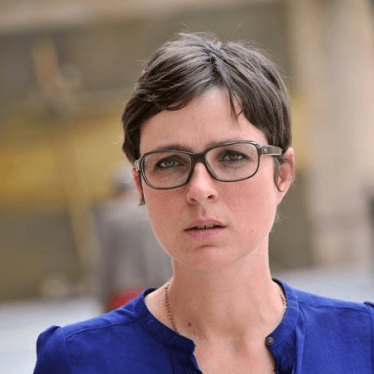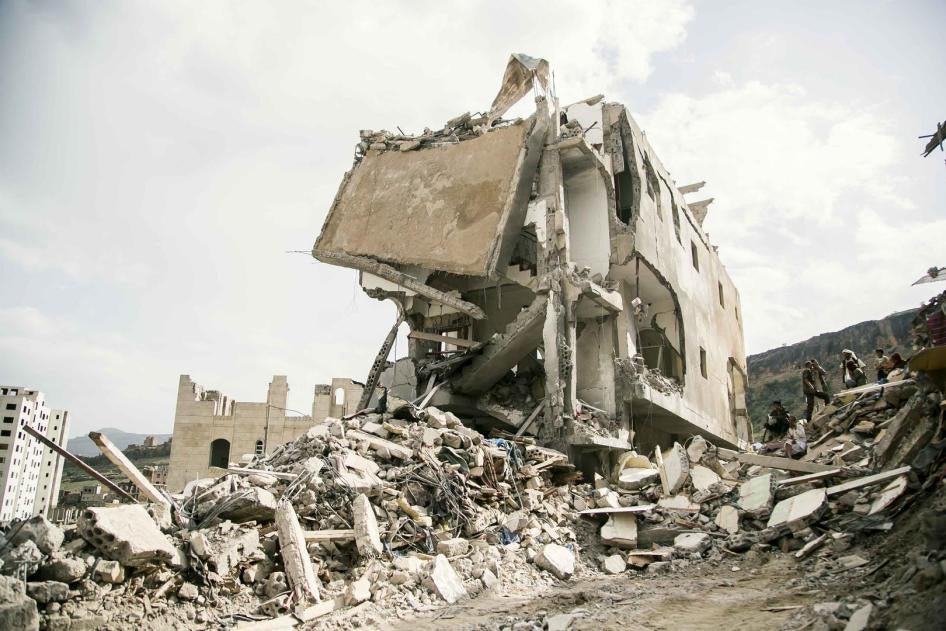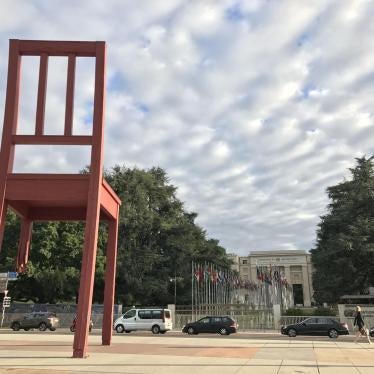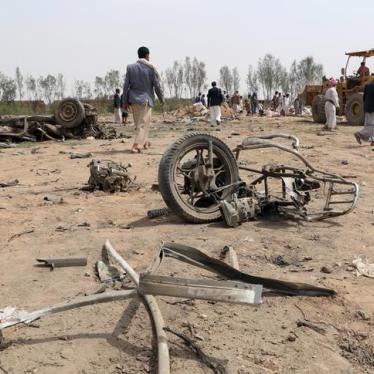Last weekend, three children, two while playing football, were killed by Houthi-Saleh artillery attacks in Taiz, the third largest city in Yemen. A month earlier, six children were killed in airstrikes by the Saudi-led coalition on a residential area of Sana'a, Yemen’s capital.
After two and a half years of war without external witnesses, Yemen is a field of ruins. According to UNICEF, every 10 minutes a Yemeni child dies of the consequences of the conflict and lack of access to care. In a country that was already extremely poor before the conflict, 80 percent of the population is now dependent on humanitarian aid and the risk of famine is still looming. The collapse of public health and sanitation services has spurred the spread of the world's largest cholera epidemic – more than half a million people were infected in just a few months.
The figures for the humanitarian catastrophe in Yemen are staggering. But, far from being inevitable, this is a man-made situation resulting from a war whose protagonists violate international humanitarian law and human rights law with impunity.
For the first time in many months, there is now a real opportunity to break this vicious cycle. This month in Geneva, the UN Human Rights Council is discussing a resolution led by the Netherlands, Canada, Luxembourg, Belgium and Ireland for the creation of an international independent commission of inquiry into the violations committed by all parties to the conflict in Yemen. Requested by the high commissioner for human rights and dozens of nongovernmental organizations, this mechanism is supported by a wide range of countries, from Germany to China, to Iran and Mexico. As for France, it has still not joined the initiative.
This week, Emmanuel Macron strongly invoked human rights before the United Nations General Assembly, which he considers "at the heart of international legitimacy," as well as the dramatic consequences of violations of international humanitarian law on civilians. In his roadmap to French ambassadors last month, he promised not to sweep the issue of human rights under the carpet in the name of France's diplomatic and economic interests.
Yemen should be an opportunity for the French president to move from words to action. We know how France is linked to Saudi Arabia and the United Arab Emirates by arms contracts. But this cannot justify the slightest bargaining over principles in the name of a political and commercial alliance.
France should give clear support to an international investigation for Yemen. Any other position in Geneva would send a disastrous signal on the priorities of its diplomacy and the reality of its commitments in favor of human rights. This would fuel doubts about its neutrality in the conflict. This would also mean turning its back on the millions of civilians in Yemen who are desperately waiting for a gesture from the international community.
By:
- Véronique Andrieux, Executive Director of Action contre la Faim
- Dimitris Christopoulos, President of FIDH
- Bénédicte Jeannerod, France Director of Human Rights Watch
- Malik Salemkour, President of the League for Human Rights
- Françoise Sivignon, President of Médecins du Monde










